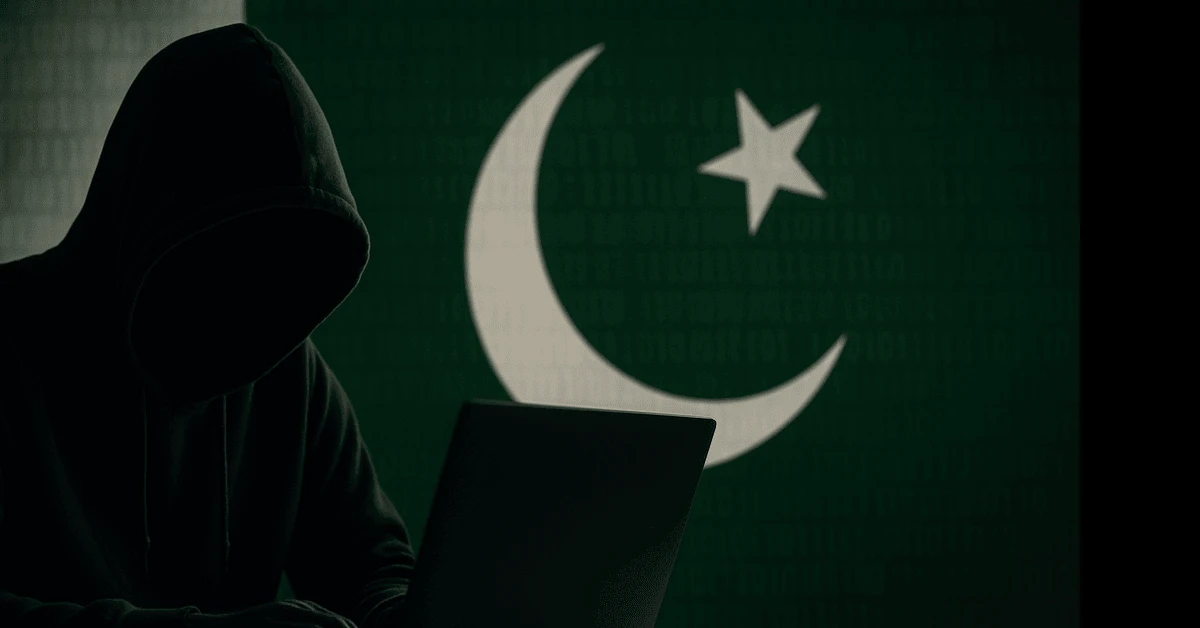Last Updated: September 12, 2025
How Internet Shutdowns & Censorship Are Damaging Pakistan’s IT Exports and Freelance Reputation

Pakistan’s IT industry has long been called a “sleeping giant” with the potential to cross $10 billion in annual exports. Yet, one silent killer keeps dragging it back—internet shutdowns and online censorship. What appears to be a temporary disruption during protests or “security” events actually leaves deep scars on the country’s reputation, investors’ trust, and freelancers’ income.
The Real Cost of Internet Shutdowns
According to the Pakistan Software Houses Association (P@SHA), every hour of nationwide internet disruption causes millions of dollars in direct and indirect losses. For a sector dependent on global clients, even short blackouts lead to missed deadlines, canceled meetings, and broken trust.
- Direct Loss: Freelancers unable to deliver projects, causing client refunds and lost contracts.
- Indirect Loss: Reputation damage, discouraging new foreign clients from outsourcing to Pakistan.
- Long-Term Loss: Investors shifting focus to stable markets like India, Bangladesh, or Vietnam.
Impact on Freelancers
Pakistan is the third-largest freelancer market globally, with over 1.5 million active professionals. Yet, freelancers frequently post on platforms like Reddit and LinkedIn about clients dropping them due to “unreliable connectivity”. A single missed Zoom call can result in losing a long-term contract worth thousands of dollars.
“A 24-hour shutdown doesn’t just mean one day lost. It means losing a client forever.” – A Lahore-based web developer
Global Reputation Crisis
Tech hubs thrive on reliability. When global clients Google “Pakistan internet shutdown” and find repeated stories of blackouts, they hesitate. Countries like Ethiopia and Myanmar already lost massive digital potential due to political internet controls. Pakistan risks following the same path.
The Legal and Policy Side
Authorities often justify shutdowns citing “national security” or “controlling misinformation”. However, blanket bans harm economic stability far more than they solve security concerns. International watchdogs like Amnesty International have already criticized Pakistan’s overreach, highlighting risks of surveillance and censorship on free speech and commerce.
Comparing With Competitors
Countries competing for IT outsourcing have strict policies to keep the internet open:
- India: Despite regional shutdowns, its IT export hubs like Bangalore and Hyderabad never face disruptions.
- Bangladesh: Encourages freelancing with tax benefits and stable connectivity zones.
- Vietnam: Marketed itself as an “always-on digital economy” to attract foreign clients.
If Pakistan doesn’t follow suit, it risks being branded as “unstable” in the eyes of foreign investors.
What Can Be Done?
Instead of blanket shutdowns, Pakistan can explore smarter solutions:
- Targeted Content Control: Focus only on harmful sources rather than entire platforms.
- Business Exemptions: Allow IT companies and freelancers whitelisted access during disruptions.
- Digital Rights Framework: Clear rules ensuring freedom of internet for commerce while addressing security concerns.
Conclusion
Pakistan’s IT and freelance economy is one of the few industries that can bring in much-needed dollars. But frequent internet shutdowns and censorship are sabotaging its potential. If the country truly wants to compete with India and Bangladesh, it must guarantee an open, reliable, and secure internet. Otherwise, the “digital Pakistan dream” risks becoming another missed opportunity.
FAQs
1. How much does Pakistan lose during an internet shutdown?
Estimates suggest millions of dollars are lost daily, including export earnings, lost contracts, and reduced productivity.
2. Why are internet shutdowns imposed in Pakistan?
Mostly during protests, elections, or security incidents, often justified as a way to control misinformation.
3. How do shutdowns affect freelancers specifically?
Freelancers miss deadlines, lose clients, and face penalties on platforms like Upwork and Fiverr, damaging long-term reputation.
4. Do other countries impose shutdowns like Pakistan?
Yes, but competitor IT hubs (India, Vietnam, Bangladesh) rarely block connectivity in their outsourcing regions, making them more attractive to global clients.
5. What’s the solution to balance security and IT growth?
Targeted content moderation, business exemptions, and a strong digital rights framework can ensure both safety and growth.
You May Also Like:

Starlink and the Race for Satellite Internet in Pakistan: What You Need to Know in 2025...

The Silent War on Undersea Cables: Who Really Controls the Internet’s Backbone?...

Disappearing Digital Payments in Pakistan: Why Transfer Amounts Get Lost Between Banks, Wallets and ...

Extreme Heat and Hailstorms: What's Happening and Why?...

Why Pakistan Doesn’t Produce Many Tennis Stars: Problems, System Gaps and the Way Forward...

Best Phones Under 45,000 in Pakistan for PUBG and Gaming (2025 Guide)...

Why Bank Accounts Get Blocked After Large Transactions in Pakistan – Complete Guide to Avoid and R...

